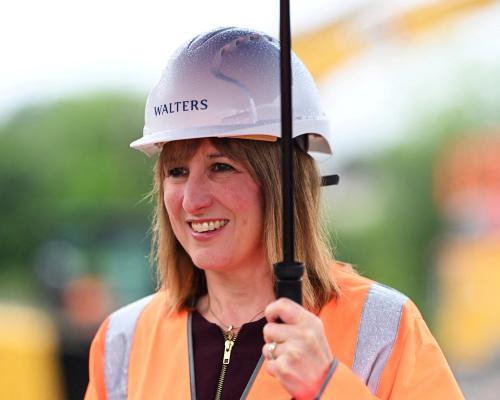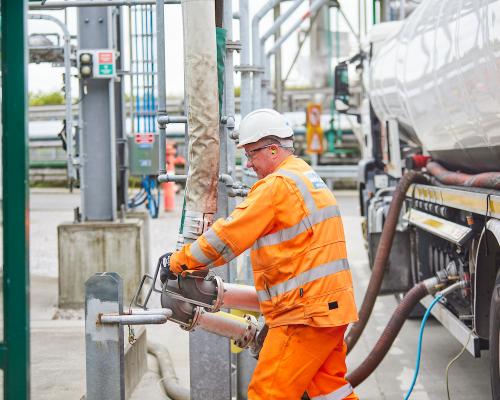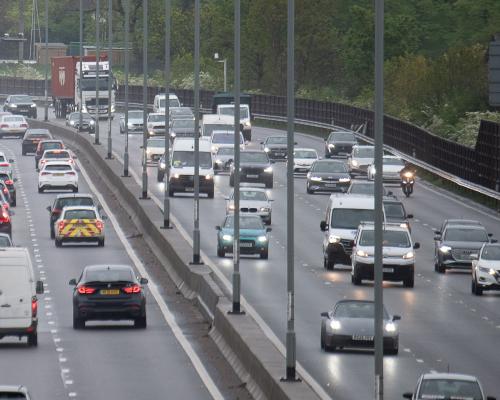
Britain’s economy has defied the doomsayers. After growing strongly in the first quarter this year, it expanded again in the three months to June – and not by the measly 0.1% forecast by City economists, but a respectable 0.3%.
The latest data shows a 0.4% expansion in June alone as manufacturing recovered its mojo. Meanwhile, the construction sector, hit by a slowdown in new projects, turned its hand to repairs and maintenance, reversing a fall in May to post a solid 1.2% growth rate over the second quarter.
Probably the most cheering aspect for Rachel Reeves from the latest Office for National Statistics data was the feedback from businesses involved in scientific research and development. This sector posted an 8.3% rise in activity in June alone, closely followed by the architectural and engineering sectors, which collectively expanded by 6.7% on the previous month.
The chancellor is keen for everyone to forget about the missteps of the past year when one miscalculation after another has set off fireworks either inside the Labour party or the business community, or both.
Donald Trump’s tariff wars played a part in dampening business activity, but it was the £25bn tax hit on employers, from increases to national insurance contributions for workers, that really hurt the private sector.
While many small and medium-sized businesses are still struggling with the hangover from the NICs rise in April, the figures tell us that across industry and commerce, a bounceback is under way.
Reeves still has major difficulties to confront. The slowdown from quarter to quarter will dent tax receipts at a time when the costs of running the government are increasing.
Next week’s public finances data is expected to show that debt interest payments remain high and that the costs of servicing the UK’s borrowing will not fall as fast as hoped. Meanwhile, the clamour for more money for the defence department and cash-starved frontline public services only gets louder.
There is likely to be a significant spending gap when the Office for Budget Responsibility makes its next assessment of the economy and the public finances before the autumn budget.
It could be a £20bn shortfall, as many City economists expect, or it could be more than £40bn, as the National Institute for Economic and Social Research thinktank has estimated.
Either way, it is going to be a big hole to fill and manifesto commitments to exclude income tax, employee national insurance and VAT from any review will make the job very difficult.
There is also cause for concern from the ONS figures that show much of the recovery depends on increased public spending.
There is little sign that consumer confidence or business investment is on the road to recovery. Consumers are sitting on their hands, saving the gains they are making from average increases in wages above inflation. Meanwhile, a 4% rise in business investment in the first quarter was almost wiped out by a 3.9% fall in the second quarter.
One business lobby group said there was “no doubt that private sector growth is being held back by both global and domestic policy uncertainty”, adding that speculation over forthcoming tax increases was adding to the headwinds.
Reeves has emphasised that she wants to focus on clearing more barriers to growth and increasing productivity. Usually that is a slow process. The chancellor may need to be more explicit, sooner rather than later, about who will pay the taxes needed to make the budget numbers add up if she wants the economic momentum to carry through to 2026.







